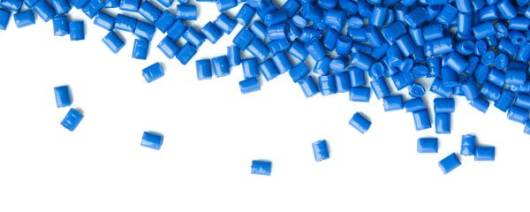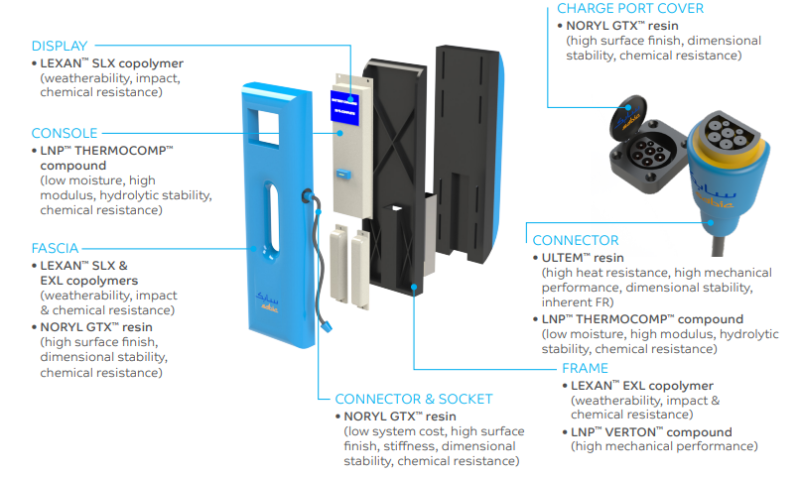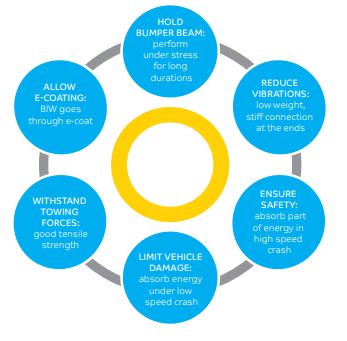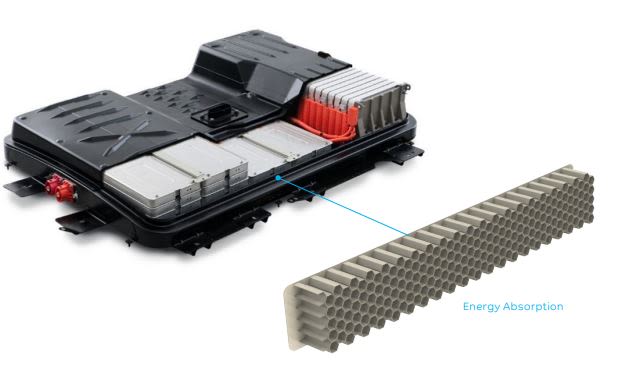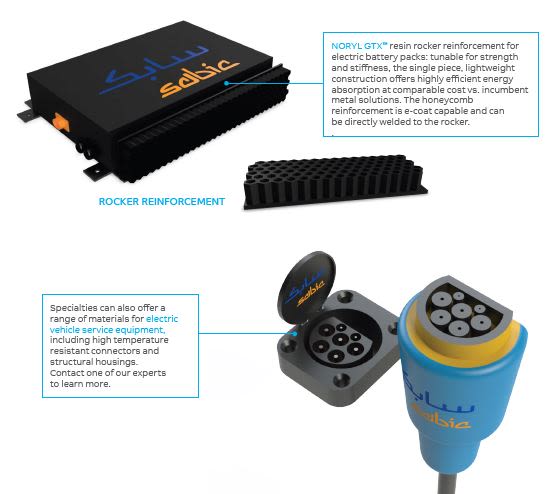Biofouling or biological fouling can be described as the accumulation of microorganisms, plants or algae on wetted surfaces. This leads to loss of efficiency of membranes and can shorten the lifetime and performance of pipes used in the transportation of drinking water. NORYL™ resin has unique properties, similar to stainless steel, that result in very low biomass production potential along with excellent hydrolytic stability even in chlorinated environments.
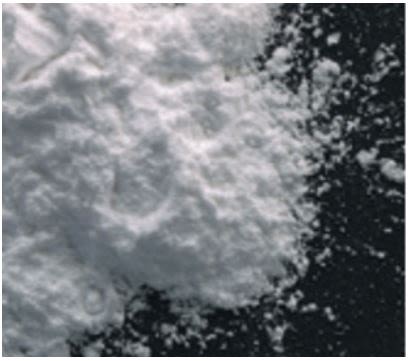
Typical Industry Requirements
• Hygienic and disinfectant (e.g. chlorine dioxide) resistant solution
• Reliable and long term part operation
• Potable water certified applications
NORYL™ RESIN Value
- Low biomass production potential
- Low surface roughness achievable
- High hydrophobicity
- Excellent chlorine resistance
- Potable water approved
NORYL™ RESIN Exhibits Biofouling Resistance That is Even Lower than Stainless Steel
The table on the right shows the biomass production potential (BPP) per material,
using Test Method 1 for EN 16421:2014. The growth of e.g. Legionella pneumophila,
which causes Legionnaires’ disease, begins when the biomass production potential is
>400 pg ATP/cm²*.
Other factors that influence biofouling:
• Surface roughness
• Degree of hydrophobicity
• Leaching of ingredients from plastics
| Material |
BPP [pg ATP/cm²]*
|
| Stainless Steel |
45 - 50 |
| NORYL resin, unfilled |
40 |
| NORYL resin, glass filled |
40 |
| Copper |
100 - 193 |
| PVC-C |
119 - 417 |
| PVC-U |
82 - 365 |
| PVC-P |
> 10.000 |
| EPDM |
4.129 --> 10.000 |
| SBR |
6.281 --> 10.000 |
| PE 40 |
463 - 1.542 |
| PE 80 |
355 - 1.750 |
| PE 100 |
544 - 1.750 |
| PP |
352 - 1.393 |
* Source : “Hydro !” , Edition 7, 2015 Article “BIOLOGISCHE ACTIVITEIT IN DRINKWATER” from KWR Institute. pg ATP/cm² = Picogram Adenosine TriPhospate
per cubic centimeter
A comparison of surface roughness measured with optical and atomic force microscopy shows that pipes extruded with NORYL™ resin can have smoother surfaces when compared to traditional pipe materials such as HDPE or PVC u.
| Material |
Rq (nm) |
Ra (nm) |
| HDPE |
69 |
54 |
| NORYL™ |
14 |
7 |
| PVC |
22 |
11 |


